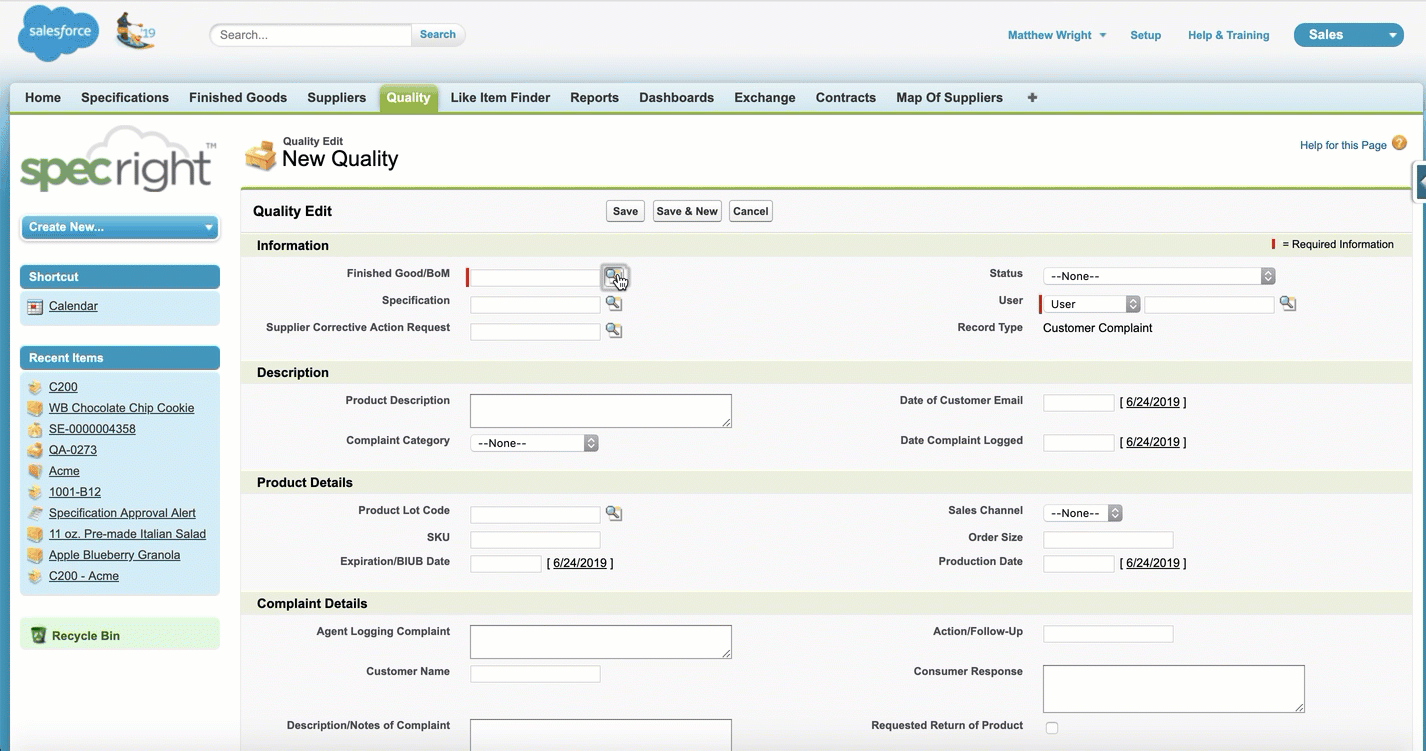
Holding onto older legacy systems as a cost-cutting strategy can often do more harm than good. Retail consultancy S4RB found that just a 10% loss in productivity from not having proper systems in place could cost as much as $5 million annually.The shortcomings of traditional Enterprise Resource Planning (ERP) in supply chain master data management are fueling, at least in part, this loss in productivity. ERP supply chain functionality is often limited in size and scope and struggles to achieve data consistency, completeness, and compatibility with other vendors. Without a solid grasp on the vendor supply network and their various connections to each other, retail brands are unable to keep pace with a quickly evolving modern business landscape.Shifting to a master data management strategy using modern cloud-based technologies is becoming more of a priority as the supply chain as a whole becomes more data-dependent.
Master Data Management: The Foundation of Success
Data has always been at the heart of a private brand’s success. When the information collected through various processes and systems is turned into usable insights, it can drive everything from product development to marketing to key growth decisions and more. These insights come from a number of sources throughout the supply network, including suppliers, manufacturers, distributors, and retailers. Therefore, master data management can be considered the confluence of your data strategy: it’s the place where all data streams come together and contribute to the common goal of growing your private label.
How Master Data Management Cuts Supply Chain Costs
Customer relationships are the beating heart of a master data management strategy. Healthy financials are the natural byproduct of maintaining good customer relationships. Private labels go to great lengths to protect these relationships with buyers, suppliers, and others in their vendor supply network. However, the hidden costs of providing this high level of service can be overwhelming. It often takes a bespoke approach, one that involves a lot of manual investigation to find an ideal meeting point of forecasting, ordering, lead times, shipping, replenishment, other logistics across multiple providers in the supply chain. This also means investing in additional personnel and operational overhead to manage these relationships and satisfy variances in customer demand. Delays in time to market, limiting upsell or cross-sell opportunities, or otherwise under-serving the market can weaken a company’s position.Master data management helps to curb the costly manual involvement of satisfying demand and maintaining good relationships. By serving as a common anchor for fragmented, inconsistent, and ever-evolving data, users can reduce inefficiencies and inaccuracies associated with forecasting, ordering, shipping, and planning. This allows companies to more easily spot opportunities that result in tangible growth, which can also boost marketing, company reputation, and customer loyalty.
Starting a Supply Chain Master Data Management Strategy
Trading older legacy systems for modern cloud-based technologies can help support a master data management strategy. Specright is here to help you learn more about what a master data management strategy looks like in action. Discover why specification data management is the future of supply chain.



%2520(1).png)